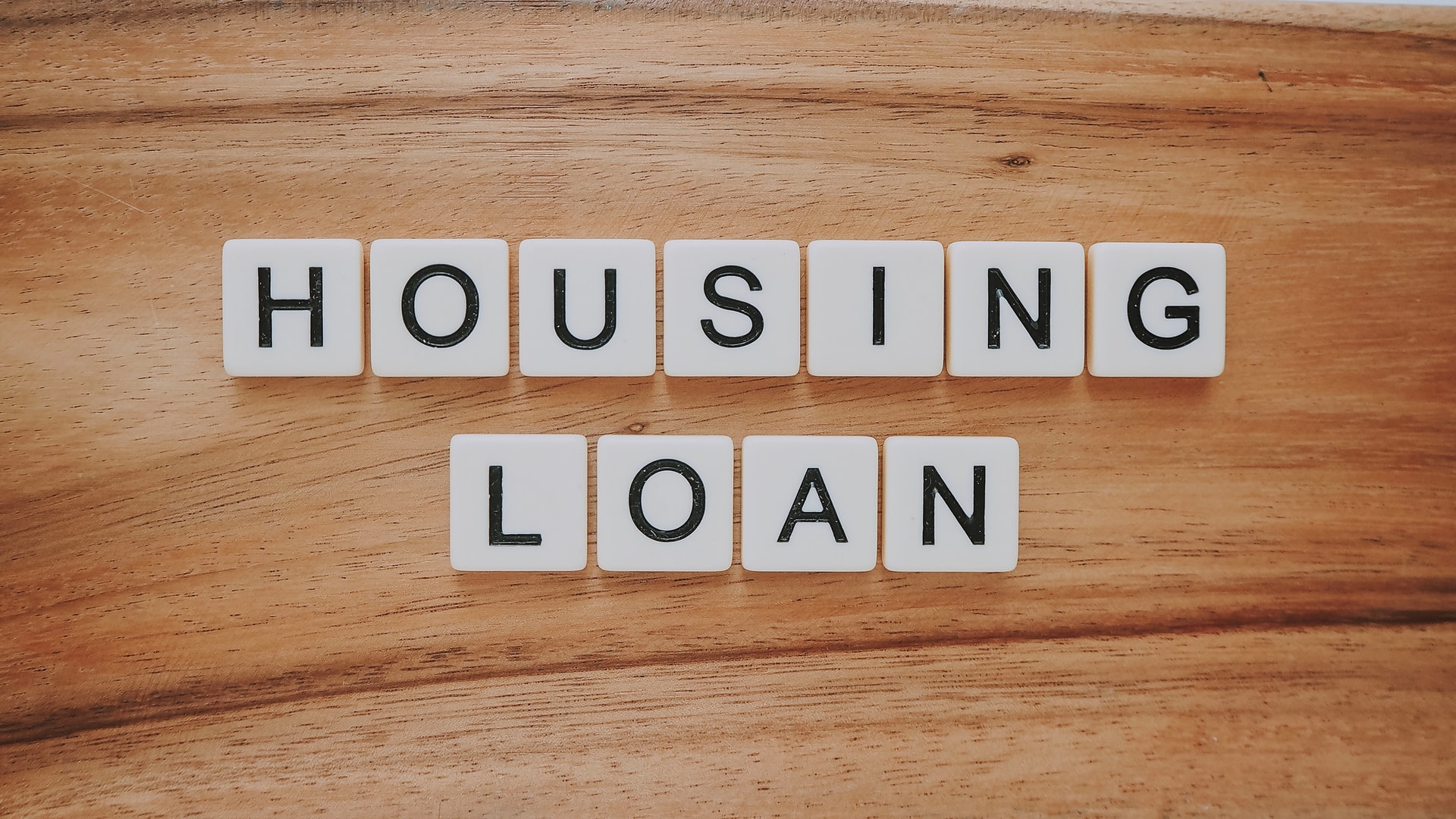Navigating the world of loans can feel overwhelming. You might hear terms like “refinancing” tossed around, but what does it really mean? For many borrowers, loan refinancing represents a golden opportunity to save money and improve their financial situation. But is it right for you? Understanding the ins and outs of refinancing can help you make informed decisions about your finances. Whether you’re looking to lower your monthly payments or tap into your home’s equity, this guide will shed light on everything you need to know before taking the plunge into loan refinancing. Let’s explore how this financial strategy could work in your favor!
What Is Loan Refinancing?
This can be done for various types of loans, including mortgages, auto loans, or student loans. The main goal is to secure better terms that fit your current financial situation. When you refinance, you might obtain a lower interest rate, extend or shorten the loan term, or even change the type of loan altogether. This move can lead to significant savings over time and may also provide fresh funds for other expenses if you’re tapping into equity. Essentially, it’s like hitting refresh on your financial commitments. A chance to improve your cash flow and adapt to life changes.

Benefits of Loan Refinancing
Loan refinancing can provide significant financial advantages that make it an appealing option. One of the most attractive benefits is the potential for lower interest rates. This can lead to reduced monthly payments and save you money over time. Another advantage is the opportunity to consolidate debt. Additionally, refinancing can help adjust your loan term. You might choose to extend your repayment period for smaller payments or shorten it to pay off your debt faster.
When Is the Right Time to Refinance?
Timing can be crucial when considering refinancing. One key moment is when interest rates drop significantly. If you notice a rate that’s at least 1% lower than your current loan, it might be wise to explore options. Another important factor is your credit score. A higher score can qualify you for better rates and terms. If you’ve improved your financial standing since taking out the original loan, this could be an ideal time to refinance. Additionally, if you’re looking to switch from an adjustable-rate mortgage (ARM) to a fixed-rate mortgage for stability, now may also be advantageous.
Factors to Consider Before Refinancing
Before jumping into refinancing, it’s crucial to evaluate your financial situation. Take a close look at your credit score. A higher score can unlock better rates, saving you money in the long run. Next, consider the terms of your current loan. Are you still within a favorable interest rate? If so, refinancing might not be beneficial. Think about how long you plan to stay in your home or keep the loan. If moving is on the horizon, paying closing costs may not make sense. Also, calculate all associated fees and expenses related to refinancing. These can add up quickly and impact overall savings.
The Process of Refinancing
Refinancing a loan can seem daunting, but it’s straightforward once you break it down. Start by assessing your current financial situation and determining the goals you want to achieve. Are you looking for lower monthly payments or a shorter loan term? Next, research different lenders and their offerings. Compare interest rates, fees, and terms to find the best fit for your needs. Gathering documentation like income statements, credit reports, and existing loan details is crucial at this stage.
In Conclusion
Refinancing a loan can be a strategic move that opens doors to better financial opportunities. It’s essential to weigh the benefits against potential drawbacks and understand your personal situation before making a decision. Take the time to evaluate interest rates, terms, and fees associated with refinancing. This way, you’ll be equipped to make an informed choice tailored to your needs. Whether it’s lowering monthly payments or tapping into equity …





 The first thing you need to consider is why you seek a loan. Ask yourself if this is for personal or business use and what you will use it for. Consider whether your credit score would allow for a larger amount of money versus a lower amount that may require monthly payments due to interest rates. If necessary, look into ways to improve your credit score to get a lower interest rate.
The first thing you need to consider is why you seek a loan. Ask yourself if this is for personal or business use and what you will use it for. Consider whether your credit score would allow for a larger amount of money versus a lower amount that may require monthly payments due to interest rates. If necessary, look into ways to improve your credit score to get a lower interest rate. The next thing you need to consider when choosing a potential lender is their reputation. Do your research and read reviews to get an idea of what people have said about this company in the past. It will help you make a more informed decision on whether or not to borrow money from them. Now that you know these five things, it’s time to start looking for a reputable lender.…
The next thing you need to consider when choosing a potential lender is their reputation. Do your research and read reviews to get an idea of what people have said about this company in the past. It will help you make a more informed decision on whether or not to borrow money from them. Now that you know these five things, it’s time to start looking for a reputable lender.…